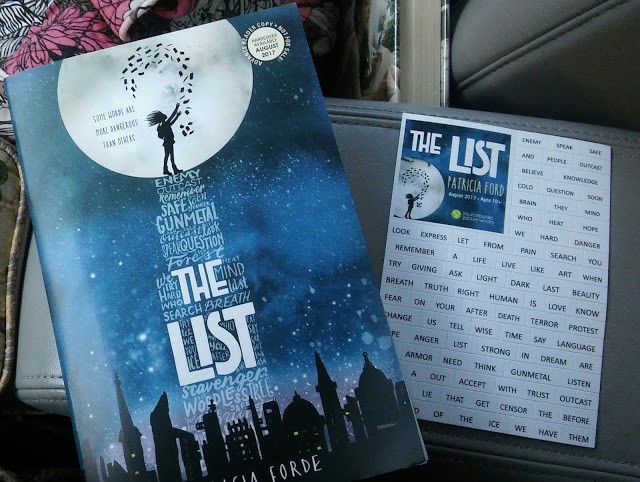

They collect and compile words, recording them in a card catalogue for preservation. The city of Ark and the daily lives of its residents are sketched very well, its infrastructure and logistics, and in particular the work of the wordsmiths. There’s something to be said for this clarity of moral purpose, especially in the current political climate – sadly, The List ’s central anti-authoritarian, anti-propaganda themes resonate more strongly now that on its initial publication. And of course, through Marlo Letta begins the process of unlearning the truths she’s been taught her whole life.īilled as Fahrenheit 451 meets The Giver, The List (first published as The Wordsmith in 2015) doesn’t quite live up to that pedigree, but it’s an enjoyable read with a strong, simple message: language is vital, art is vital, and their destruction is the destruction of humanity itself. Left alone, Letta takes in an injured boy, Marlo, who she soon realises is one of the Desecrators, a mysterious band of terrorists who seek to take down Ark and List. One day Benjamin sets out into the wilderness on a routine word-finding expedition – and never returns. Care of the List, some five hundred words and falling, is in the hands of the city wordsmith, Benjamin, and his apprentice Letta.

The world as we know it has ended, the sea levels have risen, and in the last known bastion of civilisation the people must speak the new language, List, or be expelled into the forest. In the city of Ark, food, water and words are tightly rationed.


 0 kommentar(er)
0 kommentar(er)
